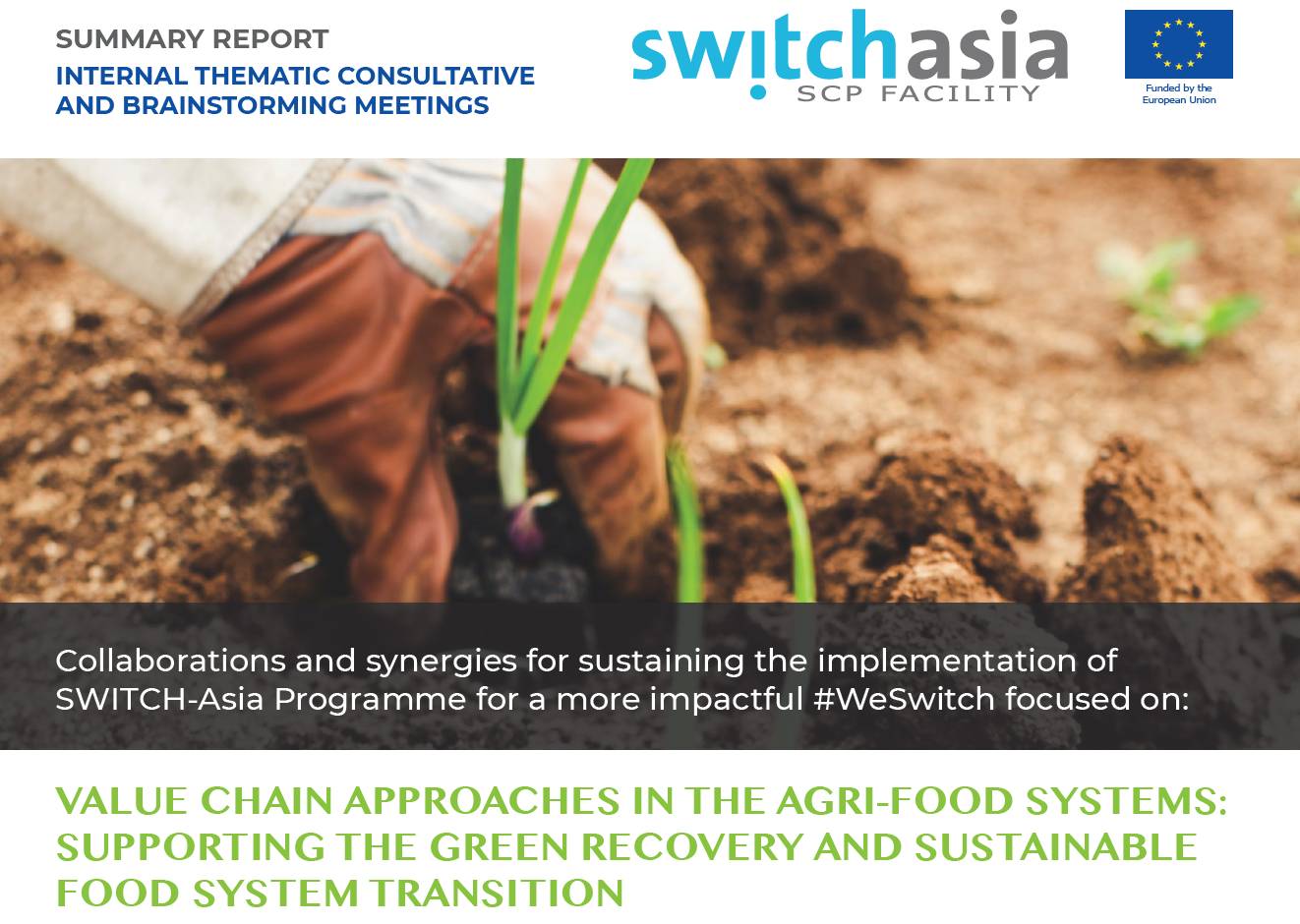
The agri-food systems (AFS) are facing multiple and interlinked challenges, such as climate change and biodiversity loss, resource scarcity and food loss and waste generation along the supply chain. Globally, about 30% of all food that is produced is wasted. However, their role is pivotal in driving economic recovery, creating employment, household wellbeing and it is an economic powerhouse, making a main contribution to total economic output.
Agri-food Value Chains are designed to increase competitive advantage through collaboration with producers, processors, marketers, food service companies, retailers and supporting groups such as shippers, research groups and suppliers. A Value Chain can be defined as a strategic partnership among inter-dependent businesses that collaborate to progressively create value for the final consumer resulting in a collective competitive advantage. Based on that understanding, the benefits of the value-chain approach related to defining action on SCP in agri-food sector. Opportunities are raised on ongoing initiatives at the food processing, retail and food services – in particular through circular economy approaches, the sustainable tourism, sustainable public procurement and eco-labeling, consumer information programmes.
Objective
For the clustered thematic issues focusing on agri-food sector, the objective of the consultation and brainstorming meeting is to strengthen cooperation and partnerships in delivering activities through the three SWITCH-Asia components, involving the Country EU Delegations (EUDs), the National Focal Points (NFPs), the Grant projects, and selected regional/international partners, to ensure cross-border exchange of experiences and larger impact.


